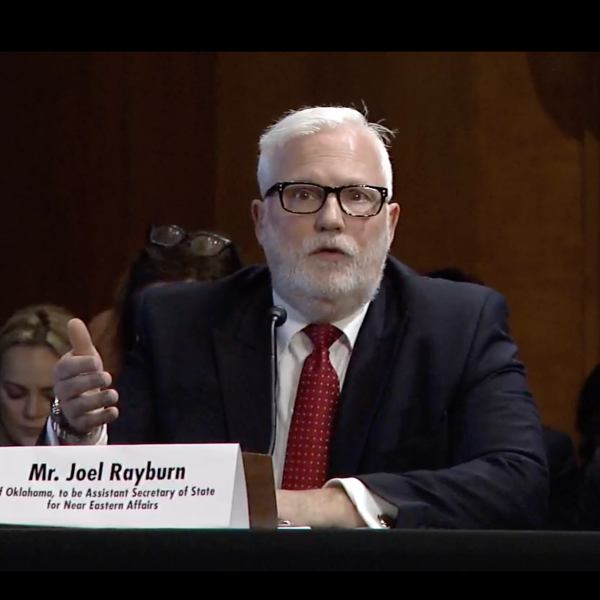The defense industry spent the majority of 2022 exploiting inflation as a justification for more military spending. It succeeded when Congress delivered a budget $45 billion higher than the president requested, but lesser known is how Congress quietly slipped contractors another form of so-called inflation relief in the annual defense policy bill.
Lawmakers authorized potential sweeping price increases to Pentagon contracts in response to any cost growth companies experience “due solely to economic inflation.” But there are no requirements for military contractors to prove their costs increased because of inflation alone.
Effectively, Congress is covering financial losses for huge companies — including corporations like Lockheed Martin, which is worth over $122 billion. More than 70 percent of Lockheed’s net sales were from the U.S. government in 2021, meaning taxpayers largely underwrote the $11 billion it handed back to its shareholders in 2022.
To make matters worse, lawmakers crafted this inflation bailout for the defense industry behind closed doors. None of the earlier versions of the defense bill included the provision, which means a few House and Senate negotiators — some of whom have received considerable campaign funding from the defense industry — added it to the legislative text without broader congressional input.
This is particularly problematic since the Senate already rejected a similar proposal to increase contract prices in the fall, partly because of pushback from the Department of Defense and Senator Elizabeth Warren (D-Mass.).
The Pentagon wasn’t convinced the defense industry needed sweeping inflation relief. So, Pentagon acquisition chief Bill LaPlante asked defense industry associations for proof that inflation was hindering companies from bidding on Pentagon contracts, or threatening to put companies out of business altogether. These associations failed to produce data demonstrating the need for inflation relief, despite specifically requesting Congress increase prices for Pentagon contracts because of inflation.
The proposal was unjustified, but it also contradicted both federal contracting law and Pentagon guidance on mitigating inflation impacts. Companies with firm fixed price contracts, for example, are responsible for covering any unexpected cost increases — even those resulting from inflation. Contractors assume the risk of cost growth when they win these Pentagon contracts, but that didn’t stop them from pushing Congress for an inflation bailout without any evidence showing they really need it.
Industry didn’t even have data showing companies were trying to seek financial relief. And they had the means — companies facing unforeseen cost increases and other financial stressors already had access to financial relief through an existing law, which was designed to be a safety net of last resort for the contractors most vulnerable to going belly up because of inflation, including small businesses. But there is no evidence companies were using that.
Despite this, lawmakers fundamentally transformed the law in the defense bill to enable price increases for Pentagon contracts. The new law places no restrictions on when contractors may ask for increases in contract prices; the only requirement is that costs exceed the original agreed upon price. This means that under the enacted law, contractors can claim cost increases for any reason, including the normal risk of financial losses associated with performing any fixed-price contract.
The new law will require the Pentagon to revisit its position on increasing contract prices and to issue guidance on how to implement this industry bailout. But the Pentagon expressly stated in October that it had no “present intent” to enact a policy to increase contract prices due to inflation. And before that, the Pentagon pushed back on industry’s effort to increase contract prices because of inflation in two memoranda focused on managing the effects of inflation with existing Pentagon contracts.
Given the department's demonstrated opposition to sweeping price adjustments, and its slow progress in finalizing rules passed by Congress years ago, the Pentagon might not turn its attention to this bailout until inflation comes down and the issue is moot. Even then, the law only authorizes contract price increases but does not require them. Hopefully, the Biden administration will reject this unprecedented and wasteful expenditure of taxpayer funds.
Regardless, House and Senate negotiators pulled a fast one on inflation relief in the final annual defense policy bill. They advanced an unjustified financial bailout that contradicted Pentagon guidance and circumvented congressional deliberation, ensuring companies will cry wolf about inflation while potentially pocketing even more defense dollars due to standard financial risks of performing fixed-price contracts.
The authorization to increase Pentagon contract prices without evidence of inflation impact is a terrible setback for transparent policymaking, at best. At worst, it offers contractors profit insurance.















